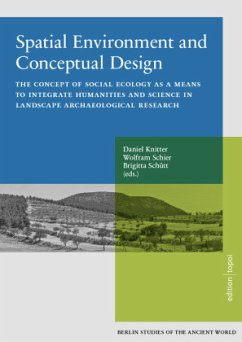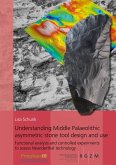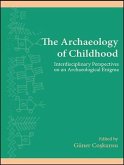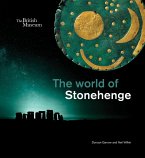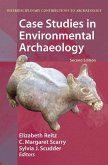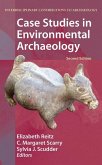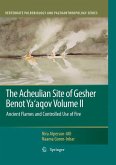The relationship between humans, their landscapes, and the natural environment is complex and underlies mutual non-material and material fluxes. Especially challenging is the attempt to reconstruct this relationship in order to understand the role and relevance of Space and Knowledge of Ancient Civilizations, the core theme of the cluster of excellence Exc 264 Topoi, funded from 2007-2019. In this book we present the results of an attempt to use a system-oriented concept of social ecology as tool for interdisciplinary collaboration and integrative research on aspects of human-environmental relationship. In six different interdisciplinary projects the developed social ecological model is applied and critically discussed.

